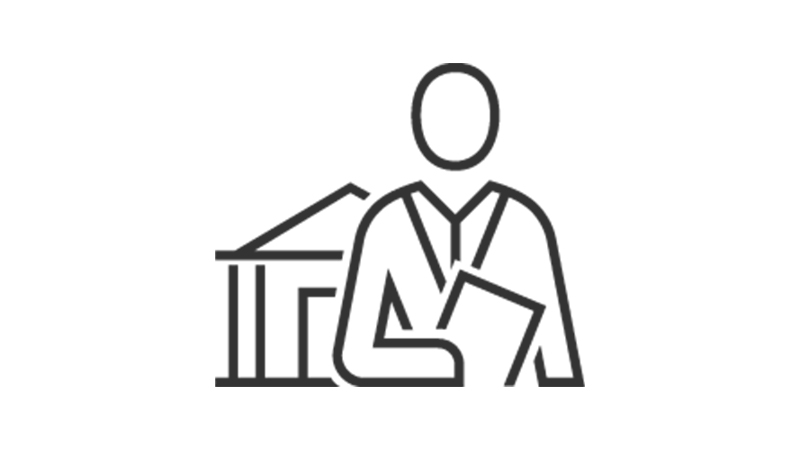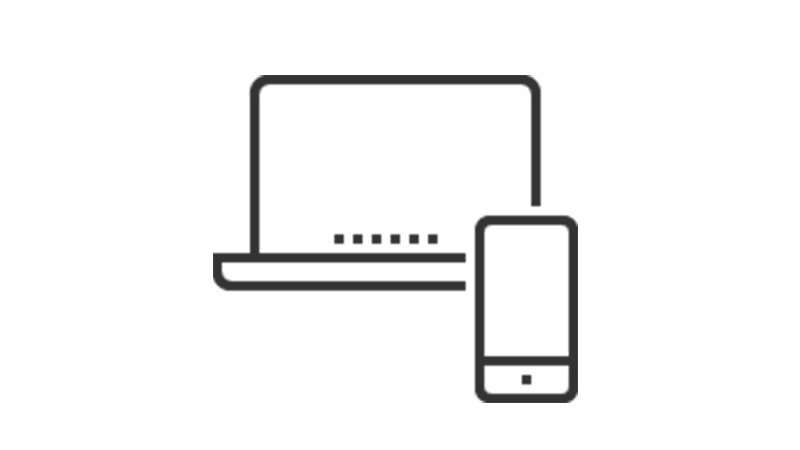Introduction to the sale
Welcome to the website covering key information for international customers regarding the HSBC Canada sale.
In November 2022 HSBC Group agreed to sell its banking operations in Canada (HSBC Canada) to the Royal Bank of Canada(RBC).
This sale has been completed on the 28 March 2024.
If you have an HSBC Canada account, we want to keep you informed of some of the changes that will result from the sale.
Find your answers
Introduction to the sale
Changes to the Global View services
Changes to payments and transfers
Key changes in payments and transfers:
- The HSBC Global Transfers service allows intra-HSBC group payments between your own accounts and family and friends (in selected countries/regions). Both Global Transfers and Global Transfer Family and Friends services, 'to and from' your HSBC Canada accounts, will not be supported from 10 p.m. EST 16th March 2024 (10 a.m. 17th March in Hong Kong).
- For any future payments to your beneficiaries who have HSBC Canada accounts, after the sale, you'll need to set them up as new payees with their Royal Bank of Canada account details.
- Future-dated payments set up to HSBC Canada accounts using the International Payments service will continue to be processed for some time (6 months) after the sale post which those payments will not be processed with HSBC.
I want to learn more
If you have any comments, questions or suggestions, please don't hesitate to reach out to your Premier Relationship Manager.
Thank you for choosing HSBC Canada, and we look forward to serving you in the future.






